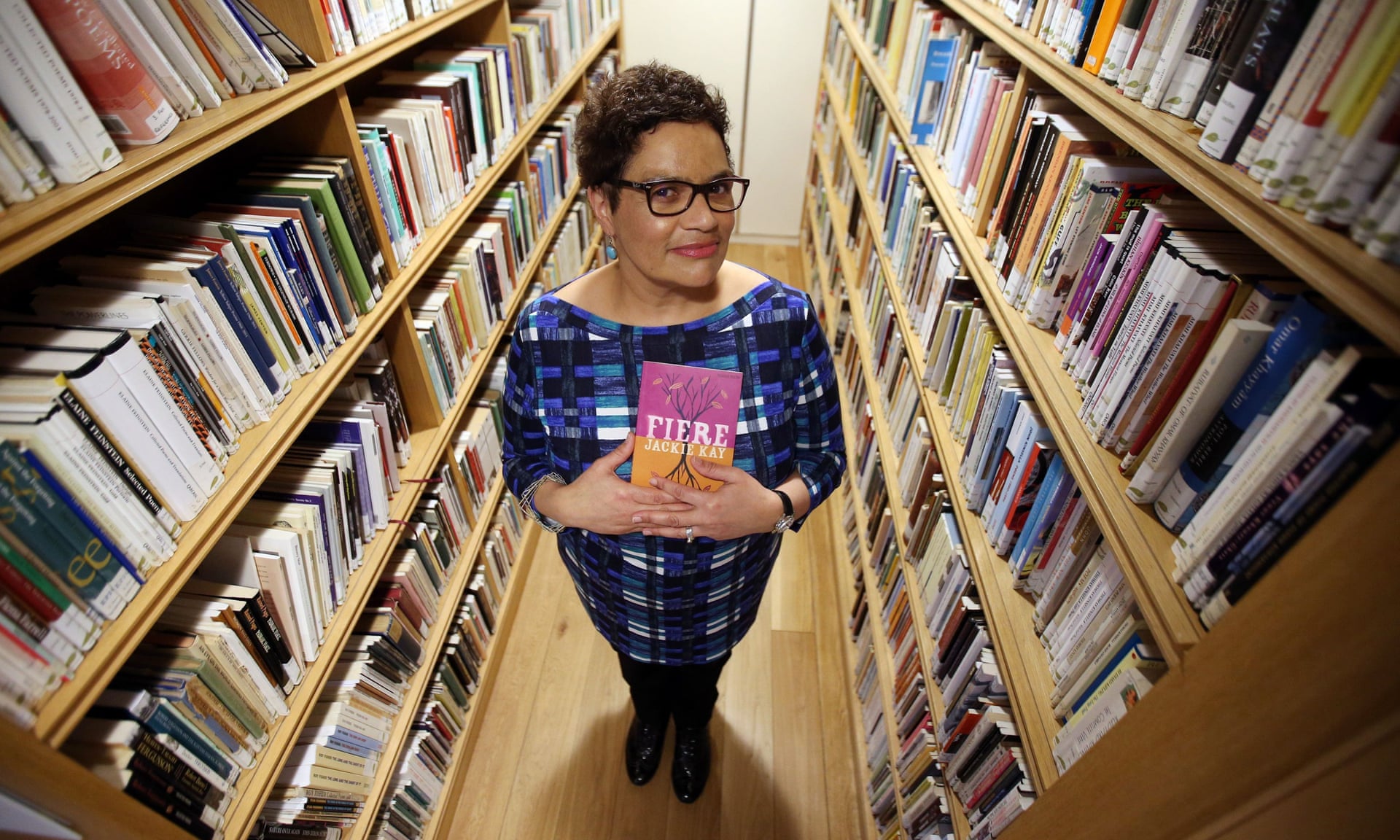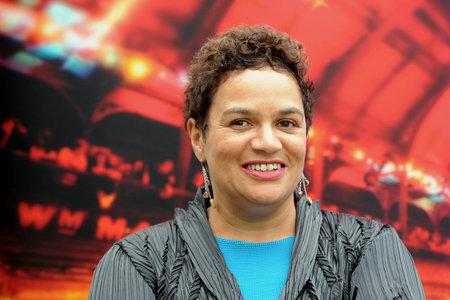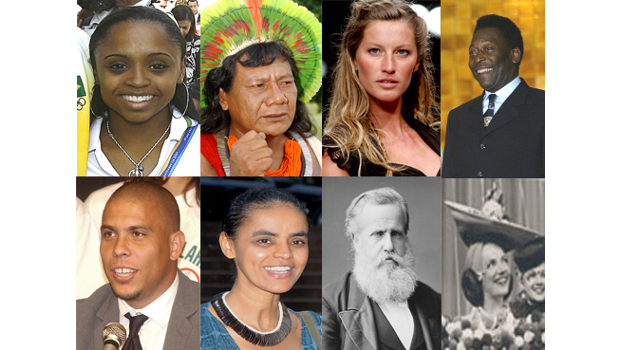Africans in India: Pictures that Speak of a Forgotten HistoryPosted in Articles, Arts, Asian Diaspora, History, Media Archive, Slavery on 2016-03-20 23:08Z by Steven |
Africans in India: Pictures that Speak of a Forgotten History
The Wire
2016-03-20
Jahnavi Sen
 Sultan Muhammad Adil Shah of Bijapur and African courtiers, ca, 1640. Credit: The British Library Board. |
An exhibition on Africans in India, highlighting the long history of African communities in India, opens on March 21
India and Africa have a shared history that runs deeper than is often realised. Trade between the regions goes back centuries – 4th century CE Ethiopian (Aksumite) coins have been found in southern India. Several African groups, particularly Muslims from east Africa, came to India as slaves and traders. On settling down in the country, they played important roles in the history of the region.
Forgotten histories
Unlike slave experiences in other parts of the world, enslaved Africans in India were able to assert themselves and attain military and political authority in their new homeland.
One of the most famous slave-turned-generals was Malik Ambar, an Ethiopian born guerrilla leader who went on to hold a prominent position in the Ahmadnagar Sultanate in west India in the 17th century. In spite of Ambar’s important role, he is a near forgotten chapter of history. Like Ambar, several other enslaved Africans rose to positions of power and prestige.
 Ikhlas Khan, African prime minister of Bijapur, c. 1650, Credit: Johnson Album 26, no. 19, British Library. Public Domain. |
“Free African traders, sailors, and skilled artisans were part of the movement of people across the India Ocean. Later on, captives were brought by the Arabs, the Portuguese and Indians”, Sylviane Diouf, director of the Lapidus Center for the Historical Analysis of Transatlantic Slavery in New York, told The Wire. “The people who became ‘elite slaves’ came mostly from the countries that today are Eritrea, Ethiopia and Sudan. The Portuguese brought in men and women from Mozambique. Later years also saw the arrival of people from Tanzania and adjacent countries.”
Africans in India were known as either Habshi or Sidi to denote their African origins. Even after centuries of mixing with local populations, the name Sidi remains for their descendants…
…The historical African diaspora in India is rarely discussed. What is the idea behind this exhibition and what is it trying to highlight?
The idea was to show the diversity of the African diaspora in terms of geography and history. Few people know that there is an African diaspora in the east, the vast majority think only of the Atlantic world. There is also a diversity of experiences within slavery. I started with a digital exhibition: The African Diaspora in the Indian Ocean World, which presents the history of Africans in Arabia, Oman, Yemen, Iraq, Iran, India, Sri Lanka, etc. The Indian story was so unique that it I thought it had to be the focus of a physical exhibition…
Read the entire article and interview here.




